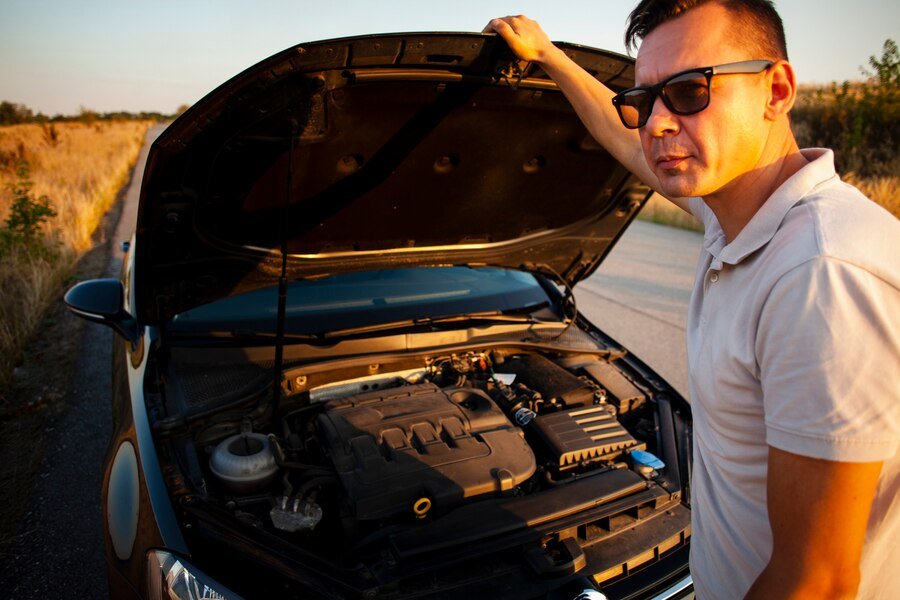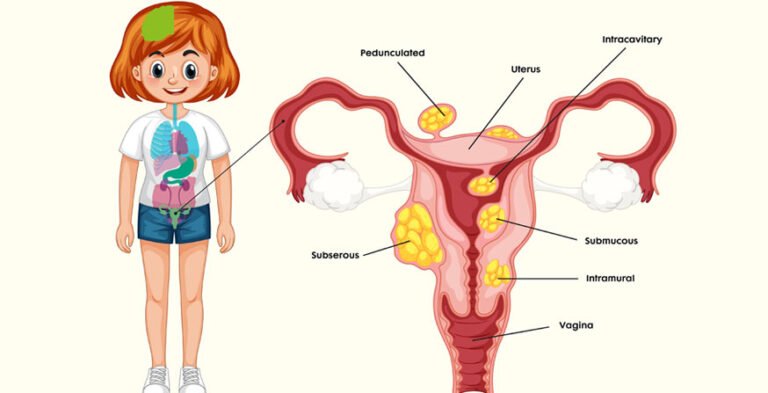Understanding the Range Rover Engine: A Comprehensive Overview
The Range Rover has long been known for its luxury, performance, and off-road capabilities. A crucial component behind this reputation is the variety of engines that power these vehicles. In this guide, we will explore the different engines found in Range Rovers, their features, and how they contribute to the vehicle’s overall performance.
1. A Brief History of Range Rover Engines
When Land Rover first introduced the Range Rover in 1970, it was powered by a simple V8 engine, providing solid off-road performance and decent power. Over the years, Range Rover has incorporated more advanced engine technologies, focusing on improved performance, efficiency, and lower emissions.
2. Types of Engines in Range Rover
Range Rover vehicles are equipped with several types of engines that cater to different user preferences and needs. Let’s take a closer look at some of the most commonly used engines across the model range.
a. Gasoline Engines
Gasoline-powered Range Rover engines offer powerful performance, perfect for drivers who prioritize speed and smooth acceleration.
- V6 Engines: Some models, like the Range Rover Velar, come with a 3.0L V6 engine. It balances efficiency and power, making it suitable for city and highway driving.
- V8 Engines: The supercharged 5.0L V8 engine is renowned for its brute strength, delivering over 500 horsepower in top-tier models like the Range Rover Sport SVR.
b. Diesel Engines
Range Rover has traditionally offered diesel engines in many markets, known for their fuel efficiency and torque. These engines are popular with off-roaders and long-distance drivers.
- 3.0L V6 Diesel: Found in several models, this engine provides excellent torque, making towing and off-road driving effortless.
- 4.4L V8 Diesel: This larger engine, typically found in higher-end models, offers superior power and efficiency for both on-road and off-road adventures.
c. Hybrid and Electric Engines
To meet modern emissions standards, Range Rover has developed hybrid and electric powertrains, combining fuel efficiency with performance.
- PHEV (Plug-in Hybrid Electric Vehicle): The Range Rover PHEV features a 2.0L four-cylinder engine combined with an electric motor. It provides an all-electric range, making it ideal for short city drives while retaining gasoline for longer trips.
- Mild-Hybrid Technology: Available in newer models, this technology improves fuel economy by using a 48V electric motor to support the engine during acceleration.
3. Key Features of Range Rover Engines
Range Rover engines are designed to deliver a mix of power, refinement, and capability. Here are some key features that make them stand out:
a. Supercharging and Turbocharging
Many Range Rover engines come equipped with either superchargers or turbochargers to enhance power without sacrificing efficiency. Supercharged engines, like the 5.0L V8, offer immediate acceleration, while turbocharged engines balance power and fuel economy.
b. Intelligent Driveline Dynamics
Range Rover’s all-wheel-drive (AWD) system works in harmony with the engine to provide better traction and control. This is crucial for off-road driving and navigating rough terrains.
c. Stop/Start Technology
To improve fuel efficiency, newer Range Rover engines come equipped with stop/start technology, which turns off the engine during idling and restarts it when you’re ready to move. This reduces fuel consumption, especially in urban environments.
4. Common Range Rover Engine Problems
Though Range Rover engines are highly advanced, they can still experience issues. Some of the common problems include:
a. Oil Leaks
Oil leaks can develop around the engine gaskets over time. Regular maintenance and checking the oil levels can help catch this issue early.
b. Overheating
Overheating can be caused by cooling system failures or blockages in the radiator. If the engine overheats, it’s essential to turn off the car immediately and seek professional assistance.
c. Timing Chain Problems
In older models, the timing chain might stretch, leading to poor engine performance. If left unchecked, this can cause severe engine damage.
5. Maintaining Your Range Rover Engine
Keeping your Range Rover engine in optimal condition requires regular maintenance and care. Here are some tips to ensure longevity and smooth performance:
a. Regular Oil Changes
Oil is crucial for lubricating the engine’s internal components. Follow the manufacturer’s recommended oil change intervals to keep the engine running smoothly.
b. Coolant System Maintenance
Regularly check the coolant levels and ensure that the cooling system is working correctly to avoid overheating issues.
c. Air Filter Replacement
Replacing the air filter periodically ensures that the engine receives clean air, promoting efficient combustion and improving overall performance.
6. Choosing the Right Engine for Your Range Rover
When selecting a Range Rover engine, consider factors like fuel efficiency, performance needs, and driving habits. If you drive long distances or frequently tow heavy loads, a diesel engine might be the better option. For those who prefer city driving with occasional off-road adventures, a gasoline or hybrid engine may provide the right balance.
7. Conclusion: Power Meets Luxury
The Range Rover engine is the heart of the vehicle’s impressive performance, combining power, efficiency, and durability. With a variety of engine options available, drivers can choose one that fits their unique needs, from off-road capability to high-speed cruising. Maintaining your engine with regular service ensures that your Range Rover remains a reliable companion for many years.






